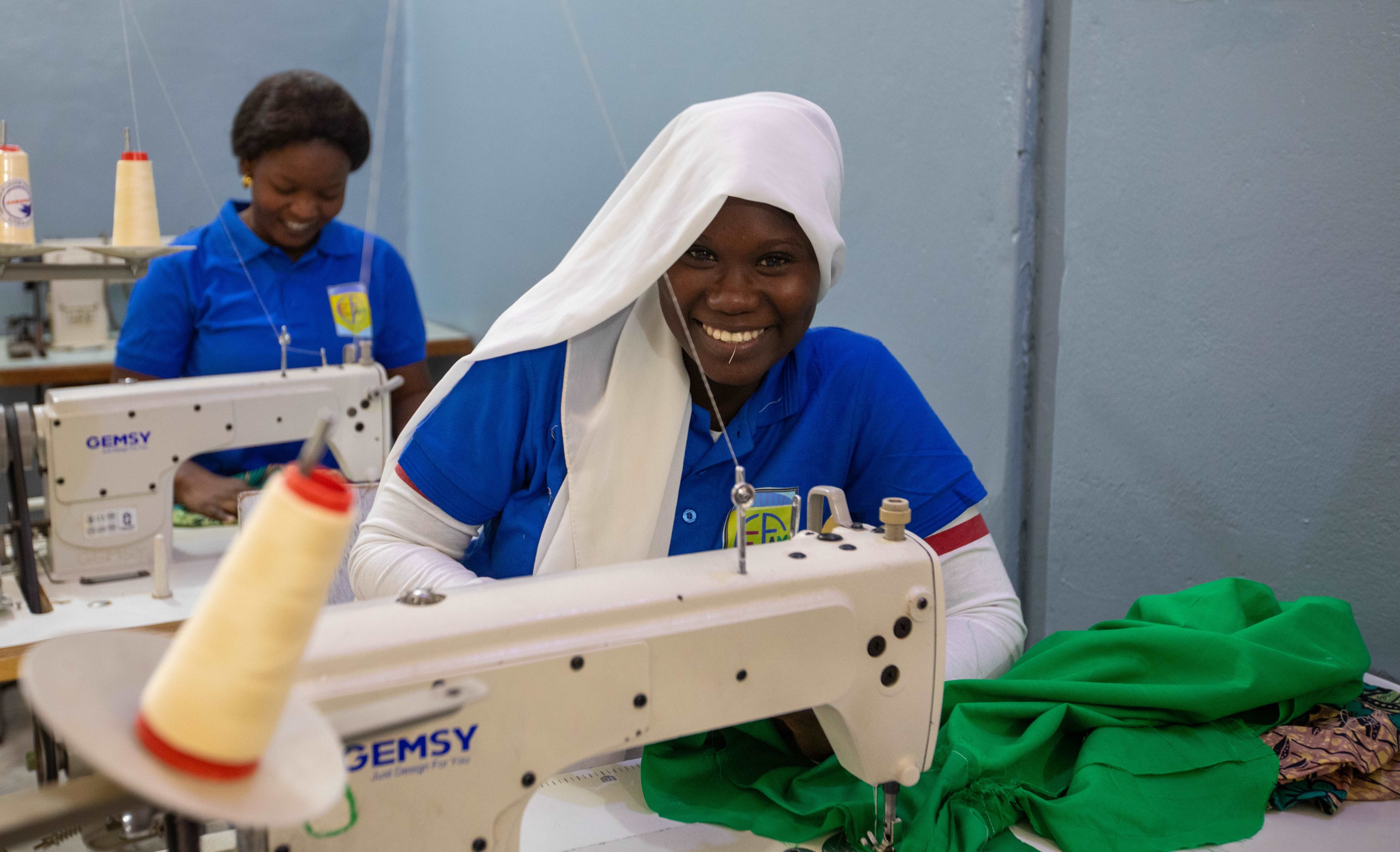The Joint Committee for Development Cooperation, chaired by the Minister of Foreign Affairs and International Cooperation Antonio Tajani and Deputy Minister Edmondo Cirielli, convened on April 2 and approved an additional financial allocation of €84.8 million to the 2023 Call for Proposals for Initiatives Promoted by Local Authorities (LAs) and Civil Society Organizations (CSOs), managed by AICS. This funding will cover the 2025-2027 programming period. The new allocation adds to the initial €180 million and will allow the financing of projects initially deemed eligible but not selected for funding — all submitted by CSOs. In total, this process will support initiatives worth approximately €265 million.
The AICS Call: An Opportunity for the Italian Development Sector
The call, launched in January 2024, marked a milestone for Italian development cooperation: thanks to the initial €180 million allocation by the Joint Committee, the Agency opened its most ambitious selection process ever dedicated to sustainable development projects. The response was overwhelmingly positive: 258 proposals were submitted — 157 from CSOs (including 27 first-time applicants) and 101 from LAs — showing a significant increase in both quantity and quality compared to the previous call. The original deadline of May 6 was extended to June 10, 2024, at the request of stakeholders, confirming the high level of interest and engagement. A significant and innovative element was the involvement of the Italian private sector: about 50% of projects include business participation, marking a qualitative leap in cross-sector collaboration.
The Call Process in Numbers
The figures speak for themselves: 248 proposals evaluated, 80 plenary sessions held, 9 months of work, and 45 people involved among officials and assistants. To ensure maximum support, AICS provided a self-assessment checklist with the call and activated an administrative assistance mechanism in 24 cases to prevent formal disqualifications. The entire verification phase was completed in 38 working days, with only 10 projects rejected due to administrative errors. The technical evaluation, carried out by two multidisciplinary commissions (one per lot), began in early July and concluded by late November (5 months), running in parallel with administrative checks — an important innovation compared to past procedures. Following the evaluation, the opinion phase started, including: 1) security clearance by diplomatic missions; 2) operational capacity assessment by AICS field offices (for CSOs only). Given the volatile context in several partner countries, the collection of opinions took longer than expected, leading to progressive updates to the rankings. To speed things up, the gathering of Partnership Agreements began as soon as the first opinions arrived, with the final batch received only in March. Thus, after 9 months of intensive work, the final ranking was approved on March 28, 2025.
The Results: 80 Projects Ready to Launch
The call selected 80 projects: 24 for LAs (about €45 million) and 56 for CSOs (over €118 million). Mozambique emerged as the most involved country, but significant resources were also allocated to Ethiopia, Kenya, and Tunisia, with a focus on urban development and food security. The Joint Committee, on April 2, approved an extension of the call’s ceiling to include all eligible CSO projects (there were none for LAs) — also to mitigate the impact on Italian CSOs of recent U.S. cuts to development cooperation funding. The extension — about €85 million — will fund initiatives in countries not covered by the initial ranking, including Ukraine.
What’s Next? Room for Improvement
Despite the overall positive assessment, confirmed by the additional allocation, AICS has already tabled proposals to simplify and improve the process. Among these is the recognized need to move toward more targeted calls, by sector and/or country, moving away from the current single large call model in favor of greater focus and strategic programming. This shift is guided by a key principle: more quality, more coherence, more impact. Additionally, considerations include: focusing administrative checks only on projects that pass the initial evaluation phase; postponing the requirement for partnership agreements until after the final ranking is published; reducing bureaucratic timelines without compromising selection quality; and simplifying the Single Project Document (DUP) and its evaluation grid. The goal remains to ensure a more agile and accessible system that rewards project quality and encourages broad, informed participation. In this light, AICS will soon reopen the consultation table with CSOs to jointly define the procedures for “Delegated Calls” (managed by AICS field offices) — a crucial step to support a shared and realistic revision of both delegated and promoted calls.
